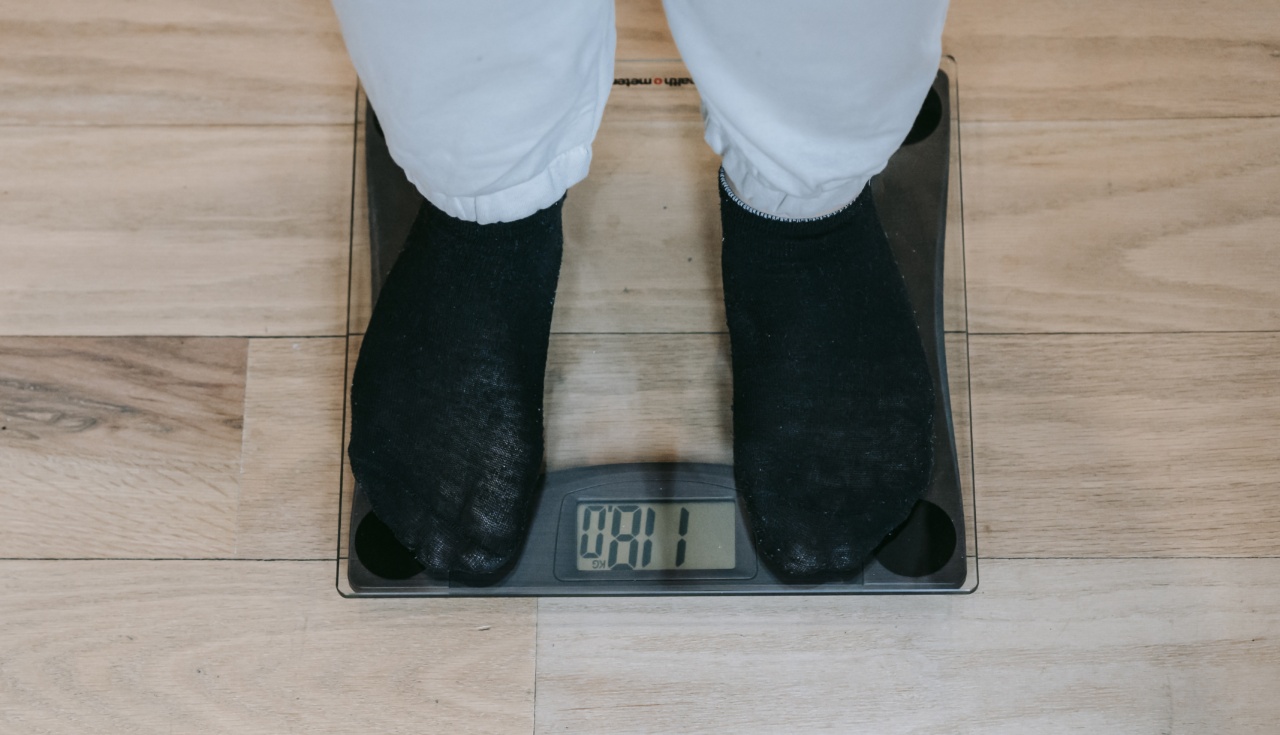When it comes to losing weight, nutrition plays a crucial role. However, there are several nutrition myths that can prevent you from achieving your weight loss goals.
In this article, we will reveal the truth behind these nutrition myths, so you can make informed decisions and achieve your desired weight loss results.
Myth 1: Carbs are the Enemy
One of the most common nutrition myths is that carbs are the enemy when it comes to weight loss. While it is true that not all carbs are created equal, it is important to include healthy carbs in your diet.
In fact, healthy carbs, such as fruits, vegetables, and whole grains, can help you lose weight by keeping you full for longer periods of time. The key is to avoid processed and refined carbs and focus on healthy, unprocessed carbs.
Myth 2: Skipping Meals Helps You Lose Weight Faster
Skipping meals is not an effective weight loss strategy. In fact, skipping meals can slow down your metabolism and cause you to overeat later in the day.
It is important to eat regular, balanced meals throughout the day to keep your metabolism running efficiently and prevent excessive hunger.
Myth 3: All Fat is Bad
Not all fats are bad for you. In fact, healthy fats, such as those found in nuts, seeds, and avocados, can actually improve your weight loss results. Healthy fats help to keep you feeling full and satisfied, which can prevent overeating.
The key is to avoid unhealthy fats, such as those found in fried foods and processed snacks.
Myth 4: You Have to Cut Out Dairy to Lose Weight
Dairy can be a healthy part of a weight loss diet. Low-fat dairy products, such as yogurt and cottage cheese, provide protein and calcium that are essential for maintaining muscle mass and strong bones.
However, it is important to choose low-fat or fat-free dairy products to avoid excess calories and saturated fat.
Myth 5: Protein is Only for Bodybuilders
Protein is essential for weight loss because it helps to keep you feeling full and satisfied. In addition, protein helps to preserve muscle mass, which is important for maintaining a healthy metabolism.
It is important to include protein in every meal, whether you are a bodybuilder or not.
Myth 6: Juicing is the Key to Weight Loss
Juicing can be a healthy part of a weight loss diet, but it is not a magic solution. While juicing can provide essential nutrients, it is important to remember that juices are often high in sugar and calories.
It is important to choose fresh, whole fruits and vegetables and limit your intake of sweetened and processed juices.
Myth 7: All Calories are Equal
All calories are not created equal. The quality of the calories you consume is important for weight loss. It is important to choose nutrient-dense, whole foods that are low in calories but high in essential nutrients.
Myth 8: Eating Late at Night Causes Weight Gain
Eating late at night does not cause weight gain. What matters most is the total number of calories you consume throughout the day.
However, it is important to make healthy choices when snacking late at night, such as choosing a small, protein-rich snack instead of sugary or fatty foods.
Myth 9: You Have to Avoid Alcohol to Lose Weight
You do not have to avoid alcohol completely to lose weight. However, alcohol is high in calories and can contribute to weight gain if consumed in excess.
It is important to limit your alcohol intake and make healthy choices, such as choosing lower-calorie options and avoiding sugary mixers.
Myth 10: Diet Foods are Always Healthy
Diet foods are not always healthy. Many diet foods are highly processed and can contain added sugars and artificial ingredients. It is important to read labels and choose whole foods that are low in calories and high in essential nutrients.
The Bottom Line
There are several nutrition myths that can prevent you from achieving your weight loss goals. To achieve your desired results, it is important to focus on healthy, whole foods that are low in calories and high in essential nutrients.
By making informed decisions and avoiding these nutrition myths, you can achieve your desired weight loss goals and improve your overall health and well-being.
























